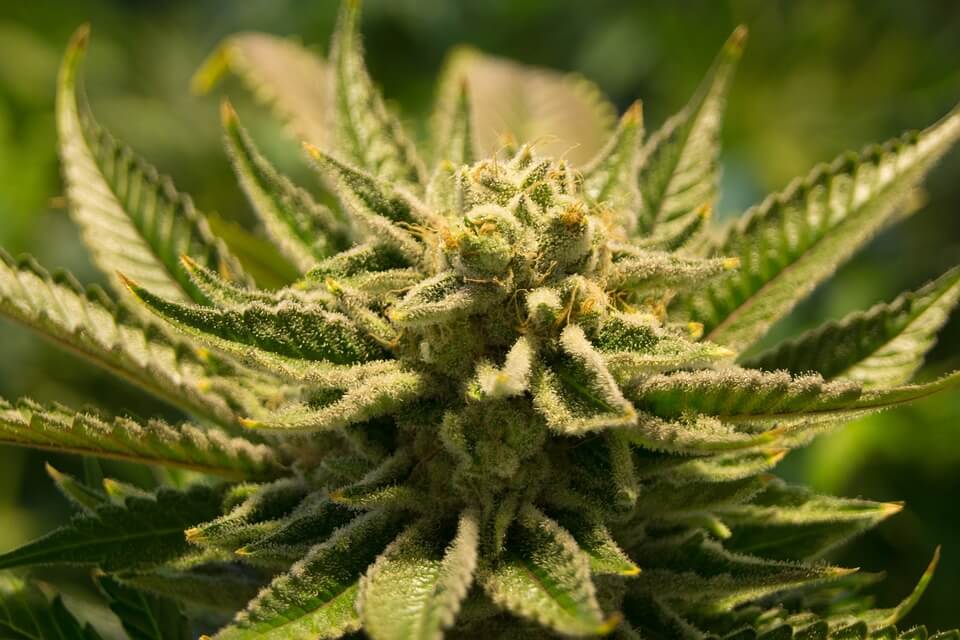The use of weed is widely regarded to be one of the most beneficial plants we’ve ever come. There are tons of research conducted with cannabis that it does help in a number of conditions. It can treat conditions from mental, physical, or emotional aspects of it. For some, they use cannabis to relieve mental disorders such as depression, stress, and anxiety. Aside from those mental disorders, there is also bipolar, can weed be a good treatment for bipolar as well? Can bipolar and Weed go hand in hand?
Bipolar disorder is a serious health condition that shifts the mood from one to the other. In this article, we will be discussing bipolar and weed. Does weed have the potential to be a cure for bipolar disorder? Or is it the other way around? Read further!
What is Bipolar Disorder?
Formerly known as Manic Depression, Bipolar disorder is a serious mental health condition that is associated with the constant shifting of emotions, from emotional highs to emotional lows.
When you are depressed, you lose the feeling of having to achieve something, and in most cases, you are more likely to feel sad and hopeless. When your emotions constantly shift from highs to lows or vice versa, it may greatly affect the quality of life due to lack of sleep, depression, activity, judgment, behavior, and capability to think clearly.
Episodes of bipolar disorders may occur rarely or even multiple times a year in severe cases. While others may get to experience emotional symptoms between episodes, some people may not.
Bipolar is a life-long condition; however – there are a lot of ways on how to manage mood swings and other symptoms associated with it with treatments. The most convenient way to treat bipolar disorder is with constant psychological counseling and medications.
Symptoms of Bipolar Disorder
There are various types associated with other types of bipolar disorders. They may include depression, hypomania, or mania. Symptoms can cause unpleasant feelings because of the unpredictable change of mood and behavior; this often results in substantial suffering and poor quality of life.
Bipolar 1 disorder: Bipolar 1 disorder is a type wherein you have had at least 1 manic episode followed up by hypomania or major depressive episodes. And in most cases, mania has the potential to trigger a break from reality or commonly referred to as psychosis.
Bipolar 2 disorder: This disorder is characterized by having no manic episode but having at least one major depressive episode and one hypomanic episode.
Cyclothymic disorder: For old people, this disorder is having manic and depressive for two straight years. In the case of children and teenagers, having both of those episodes in one year alone.
Bipolar 2 disorder is not the milder version of bipolar disorder 1, but it is a separate diagnosis. While manic episodes of individuals with bipolar 1 disorder can be dangerous and sever, people with bipolar 2 disorders are more likely to be depressed for longer periods, which may ultimately cause significant impairment.
Although bipolar disorders happen at any age, in most cases, they are diagnosed in kids during their teenage years and for people in their early 20s. Symptoms greatly vary from individuals to individuals, and symptoms differ over time.
Bipolar and Weed
As we’ve mentioned earlier, bipolar disorder is a condition that causes extreme changes in emotions. The negative thing about this condition is how unpredictable and extreme it is, and in most cases, it can lead to psychosis.
For individuals living with bipolar disorder, you can also experience symptoms of psychosis, including:
- Delusions: trusting that something is true.
- Hallucinations: hearing or seeing things that aren’t there.
Going through the emotional ups and downs throughout the day may impact the person’s ability to function well, and also get the best quality of life. Although there is still no cure for bipolar disorders, there are treatments that can help with its symptoms.
According to NIDA or National Institute on Drug Abuse, cannabinoids compounds present in marijuana can help treat symptoms such as inflammation, pain management, nausea, pain, and anxiety.
Bipolar disorder causes anxiety among sufferers, and cannabis is a good treatment for anxiety. Although there are no cures for bipolar disorders, studies conducted with cannabis can help minimize or reduce the symptoms felt by patients when taking marijuana.
Research Suggesting Marijuana use for Bipolar Disorder
Some research suggests that there are no harmful effects when using marijuana for people with bipolar disorders. While others found out that there are actual benefits from it. Here are some of the examples:
A 2016 study showed that people with bipolar disorder who took marijuana didn’t encounter any significant mental impairment compared to people with bipolar disorder who didn’t take marijuana. Also, the study found out that the participants had a better mood when they consumed marijuana.
A 2015 study showed that people with bipolar disorder who consumed marijuana had a better mood overall and gave a more positive outlook on life. However, researchers found out that the participants were more likely to use marijuana when everything goes well during the day, and not when their symptoms were severe.
It is important to note that the studies conducted on bipolar and weed are at its preliminary stages. There are still no conclusive pieces of evidence suggesting that marijuana is a viable treatment for bipolar disorders. Also, marijuana can affect a person differently, so this means that the results suggest that marijuana can’t be benefited by everyone.
Research Suggesting not Using Marijuana for Bipolar Disorder
There is also research suggesting that the use of marijuana can worsen bipolar disorder for people. These are examples of the studies:
A study published in 2015 suggests that using marijuana can trigger manic episodes. They also found out that it can worsen manic symptoms. Also, the study found out that it also worsened the depressive symptoms for some people.
Another study from 2015 showed that the suicide attempt rates for people with bipolar disorder who uses marijuana greatly increased compared to those who didn’t use marijuana. However, it remains to be inconclusive when it is associated with the effects of marijuana during the early onset and the suicide rate.
While there remains to be some room for optimism for marijuana use to help with bipolar disorders, these studies say otherwise and may cause problems for other people having this condition.
Conclusion
Without a doubt, bipolar disorder is a serious condition and must be addressed at an early stage. However, marijuana is still not a viable option when it comes to bipolar disorder treatment. Substantial research is still needed for bipolar and weed to come to fruition.
The best thing you can do is follow your doctor’s advice and take your medications religiously. Always talk to your counselor so that they can find ways to minimize or reduce the episodes you are going through.





